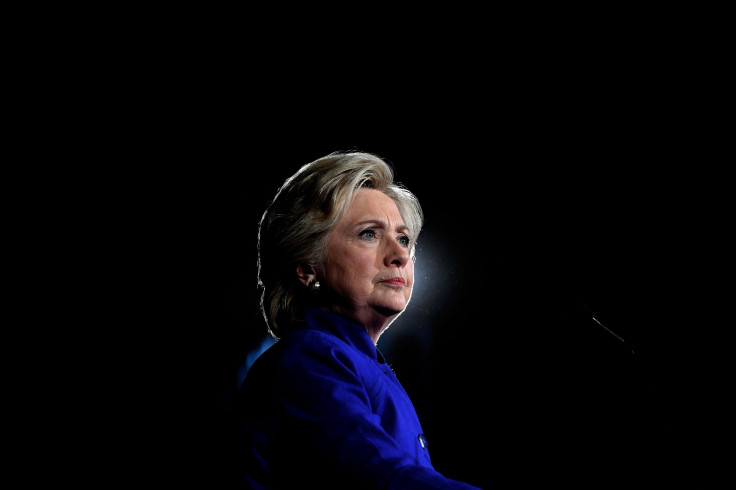Clinton supporters targeted by text to vote scam ahead of Election Day
Scam posts telling voters to 'avoid the lines' on Election Day by opting to vote by text were circulating on Twitter.

Online scammers targeted Clinton supporters on Twitter by sending out fake tweets to voters containing misinformation. Scam posts were found circulating on Twitter that told voters to "save time" and "avoid the line" on Election Day by opting to "vote from home" by text. Twitter came under fire for failing to act on stemming the flow of the scam tweets, according to reports.
The misleading tweets also came with advertisement graphics and claimed to be funded and endorsed by the Hillary Clinton For President 2016 campaign, the Daily Dot reported. The scam tweets claimed that voters could opt to vote by sending a text with the word "Hillary" to a mysterious number linked with text-based marketing campaigns. The US government does not currently provide voters with options to vote online or by SMS text messages.
According to a report by Wired, the scam tweets were allegedly propagated by Donald Trump supporters in both English and Spanish, in an attempt to mislead Clinton supporters. Twitter came under fire after Robert McNees, a physics professor at Loyola University, said his attempt to flag Twitter about the issue failed to evoke any action. Twitter support informed McNees that the reported content did not violate its terms of service.
Twitter just informed me that attempting to disenfranchise voters is not a violation of their Terms of Service. @jack @Support pic.twitter.com/YXVdt8sHwA
— Robert McNees (@mcnees) November 2, 2016
"Twitter just informed me that attempting to disenfranchise voters is not a violation of their Terms of Service," McNees wrote on Twitter, adding screenshots of the scam content. McNees' tweet, which tagged the firm's CEO Jack Dorsey and was retweeted over 3,000 times, resulted in widespread outrage and backlash, prompting a response from the social media giant.
@mcnees @Support not sure how this got past us. Fixed (and thanks for reporting)
— 🚶ðŸ½jack (@jack) November 2, 2016
Dorsey later responded to McNees informing him that the issue was fixed. The account that initially tweeted the scam content was also suspended.
Be wary of crap like this, folks. NO state has "online voting". Period. This is what "rigging an election" looks like. pic.twitter.com/oPUb4v3ro6
— Matthew Ciszek (@mciszek) October 17, 2016
This is not the first time that Clinton supporters have been targeted by such misleading scam messages. Similar content has been found circulating on Twitter in the run-up to the elections. One such scam message involved misinforming voters by telling them that they could opt to vote online by tweeting hashtags on Election Day.
© Copyright IBTimes 2025. All rights reserved.






















